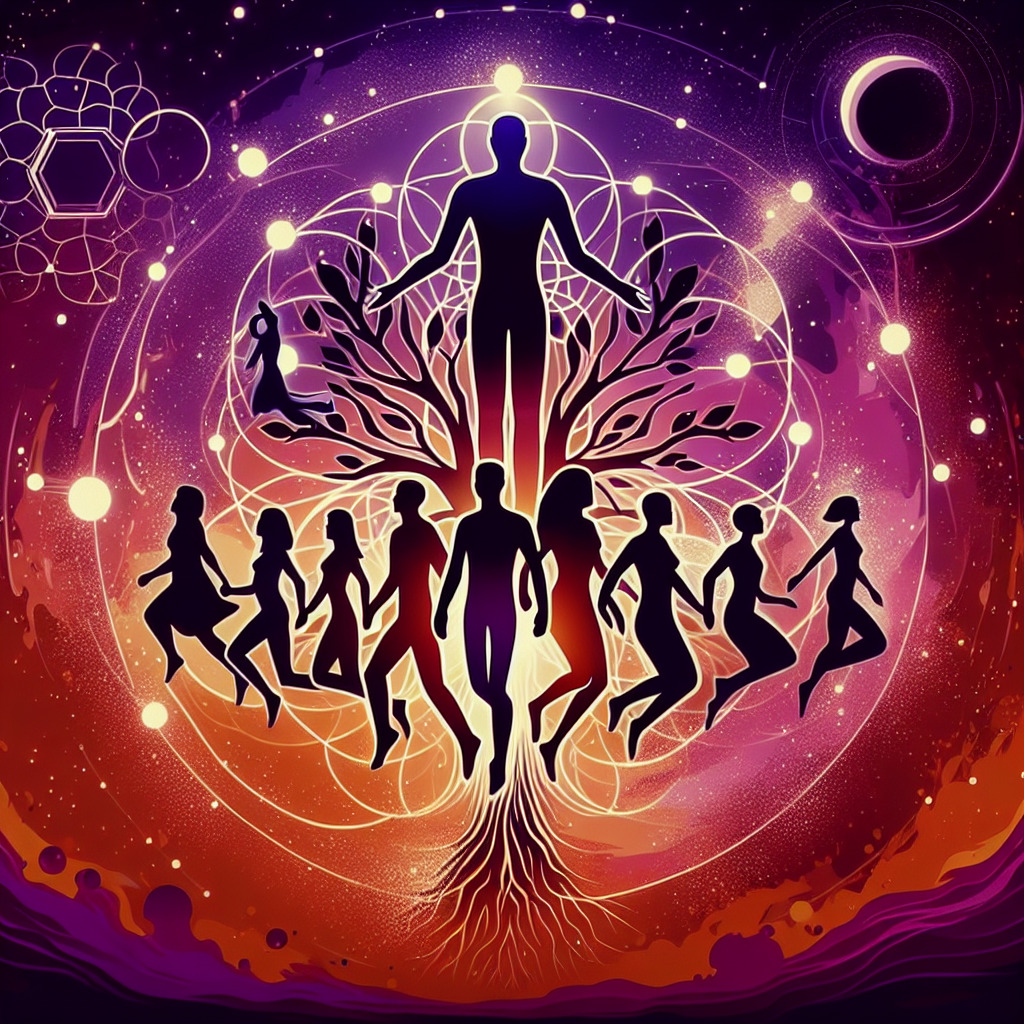The Human Instrumentality Project
The Human Instrumentality Project is a central element in the plot of Neon Genesis Evangelion, serving as the ultimate goal for several key characters and organizations. This page delves into the nature, purpose, and implications of this mysterious project.
What is the Human Instrumentality Project?
The Human Instrumentality Project, also known as the Human Completion Project, is a plan to evolve humanity into a perfect existence by merging the souls of all people into one entity. This process aims to break down the barriers between individual souls, known as A.T. Fields, to create a single, perfect lifeform.
Origins and Implementers
The project was initially conceived by SEELE, a secret organization that manipulates world events from behind the scenes. NERV, under the leadership of Gendo Ikari, is tasked with implementing the project, although Gendo has his own hidden agenda.
SEELE's ultimate goal is to use the project to evolve humanity into a god-like being, free from the constraints of physical form. However, Gendo Ikari's personal motivation is to use the project to reunite with his deceased wife, Yui Ikari.
Purpose and Goals
The stated purpose of the Human Instrumentality Project is to guide human evolution to its ultimate conclusion, transcending the flaws of individual existence. Key goals include:
- Eliminating the pain of individual existence
- Overcoming the limitations of human form
- Achieving a higher state of being
- Unifying all human consciousness
Methods and Implementation
The project relies on several key elements:
- The Evangelion units, particularly Unit-01
- Lilith, the Second Angel
- The Lance of Longinus
- The S² Engine
The exact process involves initiating a controlled Third Impact, using an Evangelion as a medium to merge all souls. This requires:
- Awakening Lilith
- Merging Lilith with an Evangelion (specifically, Unit-01 which contains Yui Ikari's soul)
- Using the S² Engine to provide unlimited energy
- Removing the Lance of Longinus, which acts as a seal
Philosophical and Ethical Implications
The Human Instrumentality Project raises profound questions about the nature of humanity, individuality, and existence. It forces us to consider:
- The value of individual existence vs. collective consciousness
- The role of pain and struggle in defining humanity
- The ethics of forcibly evolving an entire species
- The nature of free will and choice in human evolution
Character Perspectives
Different characters in the series have varying views on the Human Instrumentality Project:
- Gendo Ikari: Sees it as a means to reunite with his wife, Yui
- SEELE: Believes it's the next step in human evolution
- Rei Ayanami: Initially follows orders but eventually makes her own choice about Instrumentality
- Shinji Ikari: Struggles with the concept, ultimately deciding the fate of humanity
- Asuka Langley Soryu: Rejects Instrumentality, valuing her individual identity
Role in the Series
The Human Instrumentality Project serves as a driving force for much of the series' plot, influencing the actions of major characters and organizations. It comes to fruition in the final episodes and "The End of Evangelion" movie, where its implementation and consequences are explored in depth.
In the TV series ending, we see a surreal representation of Instrumentality through Shinji's mind. In "The End of Evangelion," we witness a more literal depiction of Third Impact and the initiation of Instrumentality.

A visual representation of the Human Instrumentality Project
The Human Instrumentality Project is a complex and thought-provoking concept that encapsulates many of Evangelion's central themes. It serves as a focal point for the series' exploration of existentialism, the nature of humanity, and the potential consequences of human ambition. The project's ambiguity and the characters' conflicting motivations contribute to the series' depth and lasting impact on viewers.
